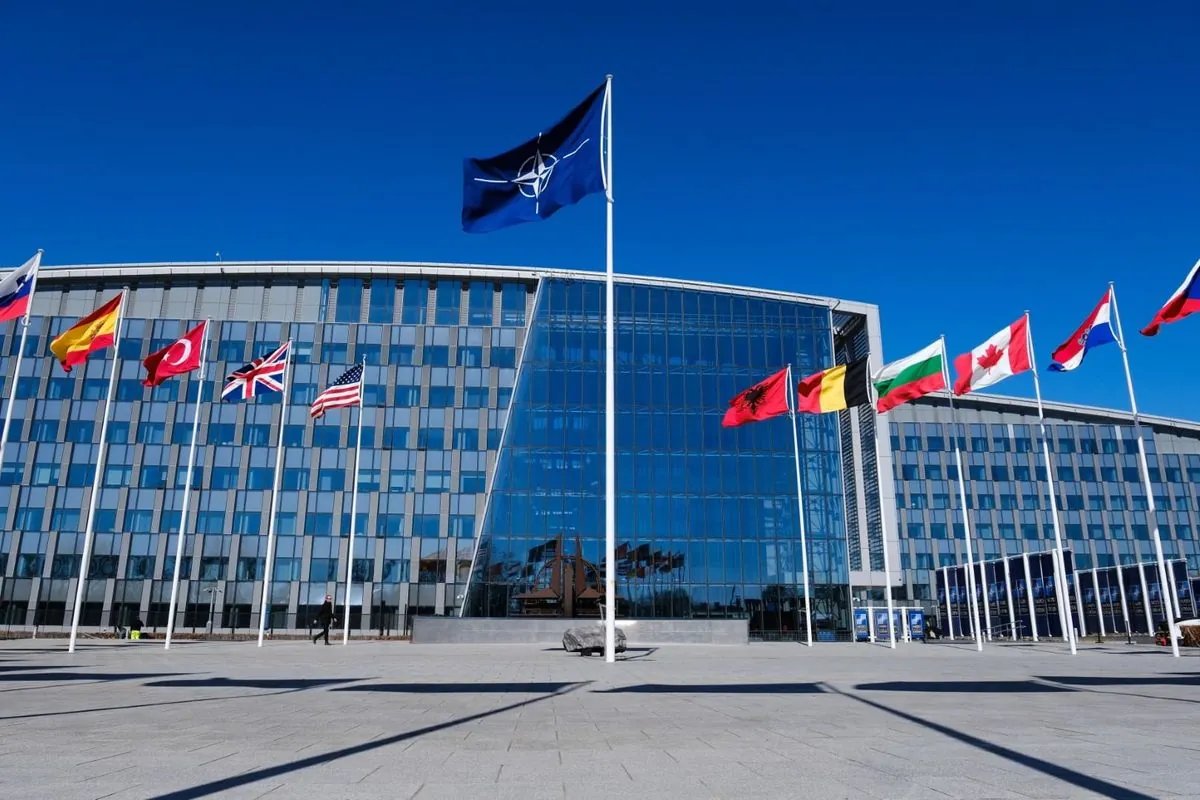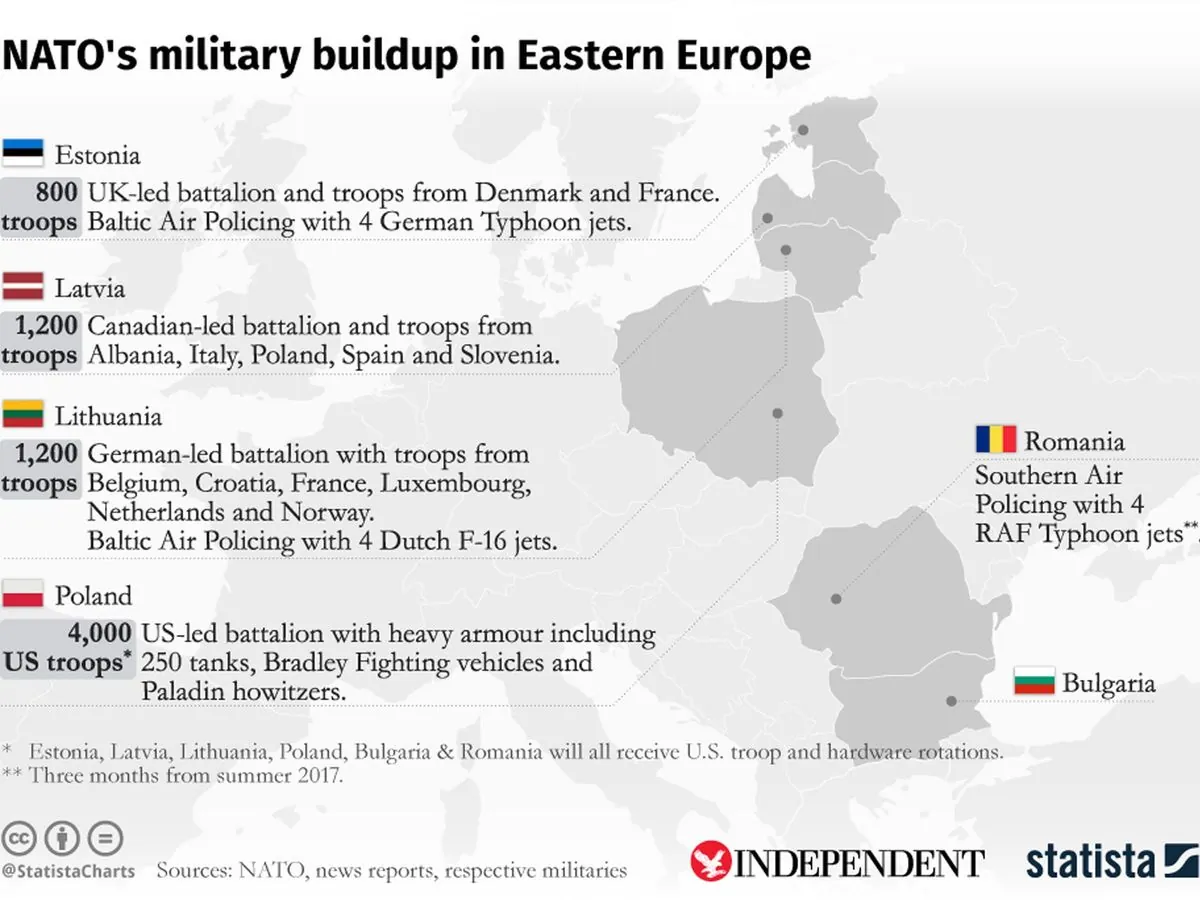Rutte Takes NATO Helm: Challenges and Expectations for New Secretary General
Mark Rutte assumes NATO leadership amid geopolitical tensions. The former Dutch PM faces tasks of rallying Ukraine support, addressing Eastern European security concerns, and navigating potential US political shifts.

On October 1, 2024, Mark Rutte assumes the role of NATO Secretary General, marking a significant transition for the alliance. The former Dutch Prime Minister brings his extensive experience to the organization, which has been safeguarding nearly one billion people across its 32 member states since its inception in 1949.
Rutte's appointment comes at a critical juncture for NATO, as it grapples with ongoing support for Ukraine, heightened security concerns from Eastern European allies, and potential shifts in US foreign policy. The alliance, which operates on the principle of collective defense, faces the challenge of maintaining unity and adapting to evolving geopolitical landscapes.
As the longest-serving Prime Minister in Dutch history, Rutte has honed his skills in coalition-building and diplomatic negotiations. These attributes will be crucial in his new role, where forging consensus among diverse member states is paramount. NATO's effectiveness relies not only on its military capabilities but also on its political cohesion.
One of Rutte's primary tasks will be to continue rallying support for Ukraine while addressing the security apprehensions of Eastern European NATO members. Since Russia's full-scale invasion of Ukraine, NATO has doubled its troop presence in eastern member states to approximately 10,000, with plans for rapid deployment of additional forces if necessary.

The new Secretary General will also need to navigate the delicate balance between fiscal responsibility and increased defense spending. NATO's goal of member states allocating 2% of their GDP to defense, established a decade ago, has been a point of contention. As of 2024, 23 out of 32 members are expected to meet this target, with some allies pushing for even higher spending thresholds.
Rutte's leadership style, described as hands-on and driven, may bring a new dynamic to NATO's operations. His experience in managing complex political situations, such as the aftermath of the MH17 tragedy in 2014, demonstrates his ability to handle high-stakes international crises.
"One test for him will be: What is NATO's ambition vis-a-vis the eastern flank and especially the strengthening of the eastern flank?"
The alliance's focus extends beyond traditional military operations. NATO has been actively involved in various initiatives, including cyber defense, scientific collaboration, and disaster response coordination. These diverse areas of engagement highlight the organization's evolving role in addressing modern security challenges.
As Rutte takes the helm, he inherits an alliance that has demonstrated resilience and adaptability throughout its 75-year history. From its first military intervention in Bosnia and Herzegovina in 1995 to its ongoing efforts in countering piracy off the Horn of Africa, NATO continues to play a crucial role in global security.
The new Secretary General's success will largely depend on his ability to maintain NATO's unity, adapt to emerging threats, and ensure the alliance remains a cornerstone of transatlantic security in an increasingly complex world.


































